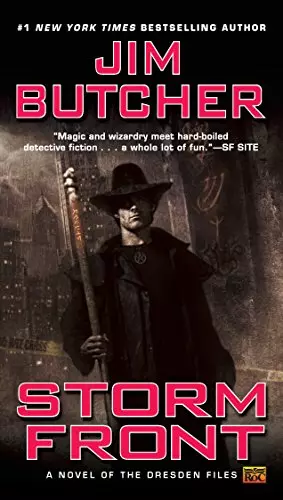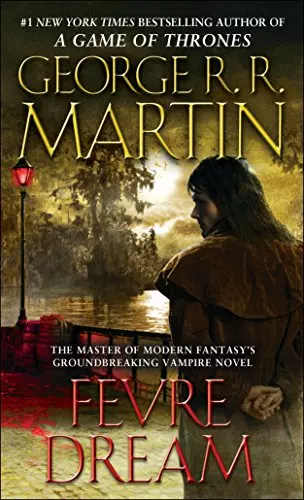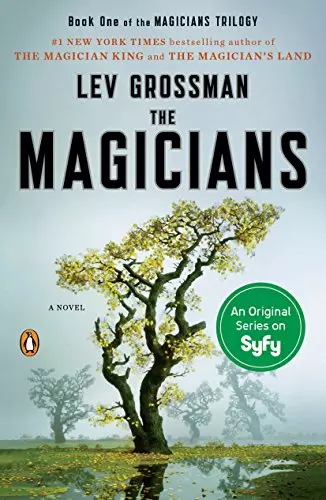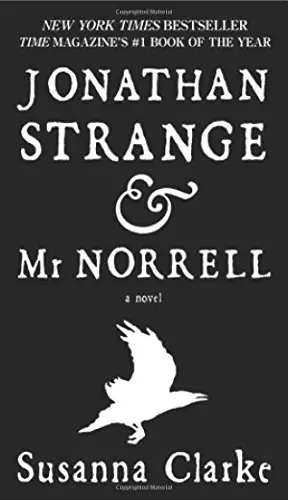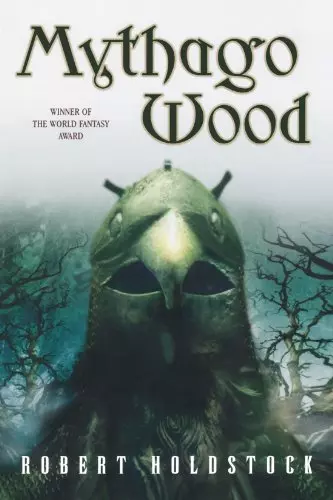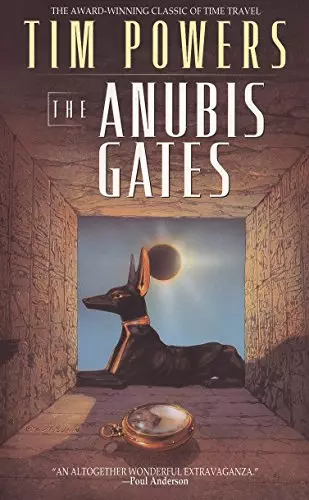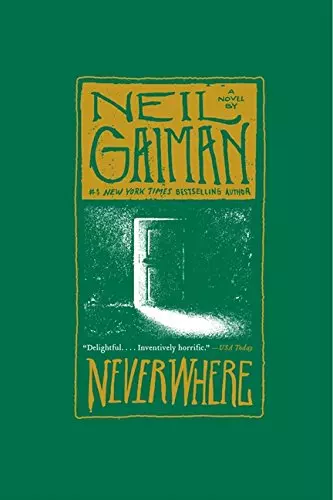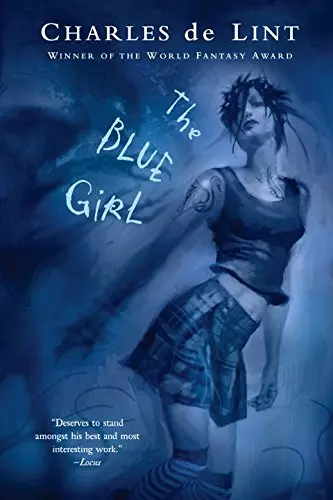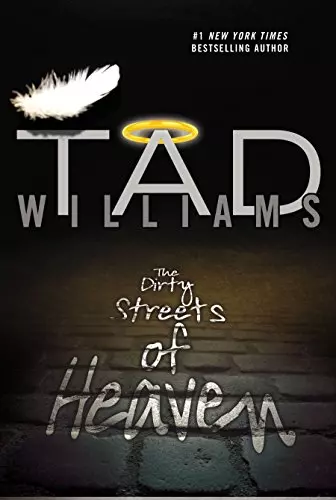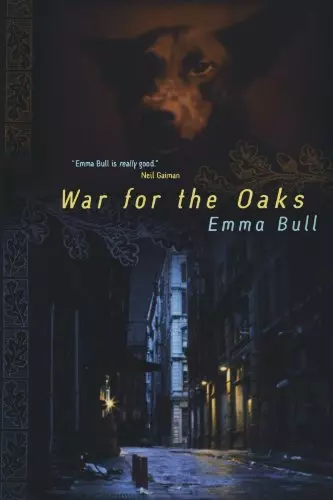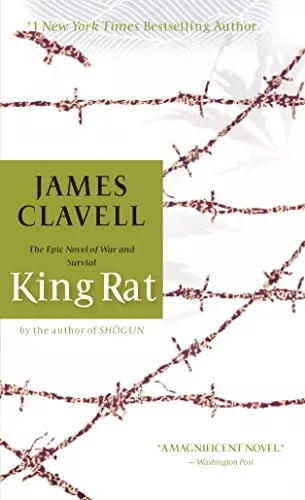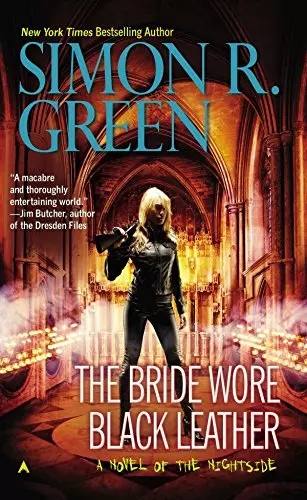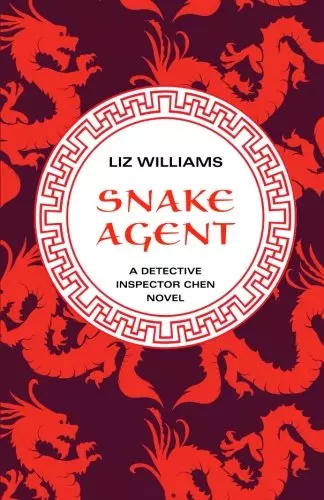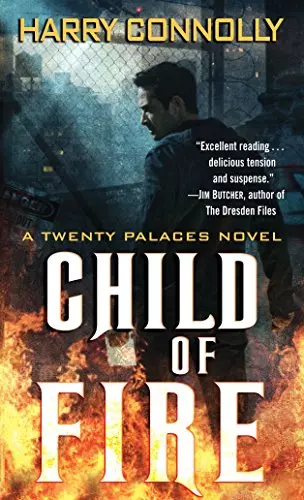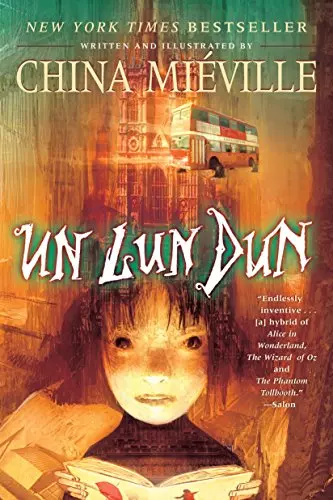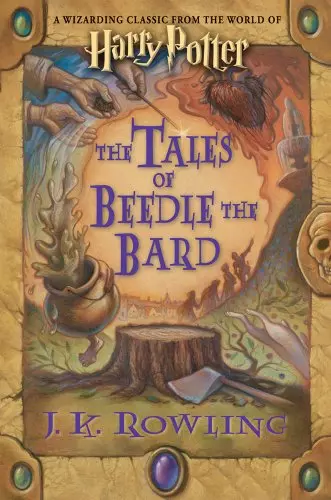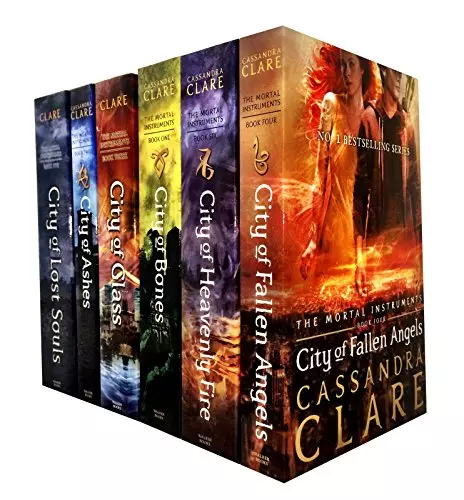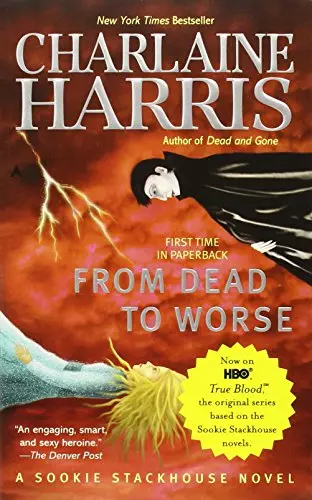Best Urban Fantasy Books
All Books That Fit into the Contemporary Fantasy Category
This is perhaps one of the more difficult sub-genres to place books in simply because it’s so open-ended in terms of what can be included. The one quintessential element of every urban fantasy novel is that it contains magical elements set within the real world.
Quite often, the magical elements present in the real world remain unknown to most of the world, except for a few select denizens of this “unseen” realm; these denizens may include witches, vampires, werewolves, ghosts, faeries, and other supernatural entities – all co-existing with the real world.
When it comes to incorporating magic into the urban fantasy setting, there are several ways:
Magic is mysterious and hidden and the protagonist suddenly discovers it exists Magic is hidden; protagonist is part of that world (The Dresden Files) Magic is hidden or never existed but was suddenly introduced to the world and its presence is felt or known to some degree (Jonathan Strange & Mr. Norrell, futuristic fantasies) Magic exists and is known in the world (Anita Blake).
One trend recently has been the popularity of the detective/noir with urban fantasy; you’ll typically have some down-and-out protagonist who’s a supernatural detective/investigator who, perforce of his job, delves into the supernatural realm that exists within the real world.
Vampire urban fantasy is also quite popular, with vampires co-existing (often ruling from the shadows) with normal humans, with either a half vampire/full vampire who identifies with the humans and becomes some sort of champion for the human cause.
Many of the urban fantasy tales are slotted into the vampire romance category, for which we've created a separate list.
There are so many urban fantasy books out there, we've tried to provide a balanced list of some of the best urban fantasy books in the genre; this list draws on a wide range of completely different urban fantasy: some good old classic vampire fiction, Celtic mythology, epic-fantasy-meets-urban fantasy, and even some good old horror.
Ranked Fantasy Books
Trending Books in Best Urban Fantasy Books
Trending Fantasy Booklists
Best Fantasy Books 2025
The Must-Read Fantasy Releases of 2025 That Fans Are Devouring Worldwide
Top 25 Best Fantasy Books
Love fantasy novels? Hate wasting time reading trash? Then read this definitive guide to the top 25 Fantasy books in the genre.
The Best Sci-Fi Movies
The Best of the Best Science Fiction Movies
Top 50 Best Epic Fantasy
The Absolute Best Epic Fantasy Series
Top 100 Fantasy Books
The Top 100 Best Fantasy Books Ever Written
Top 25 Best Fantasy Audiobooks
The Best Fantasy Audiobooks (Updated 2016)

